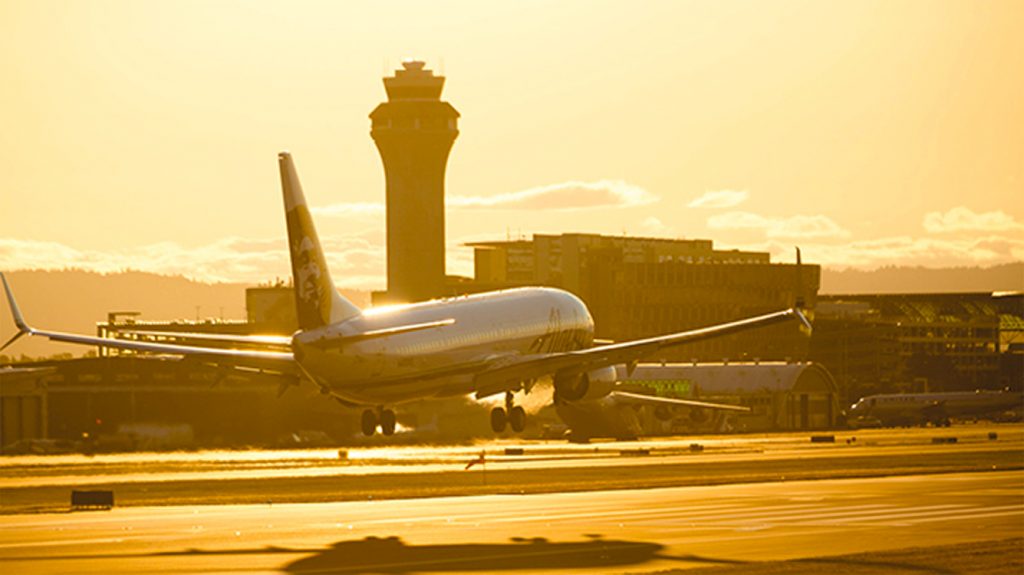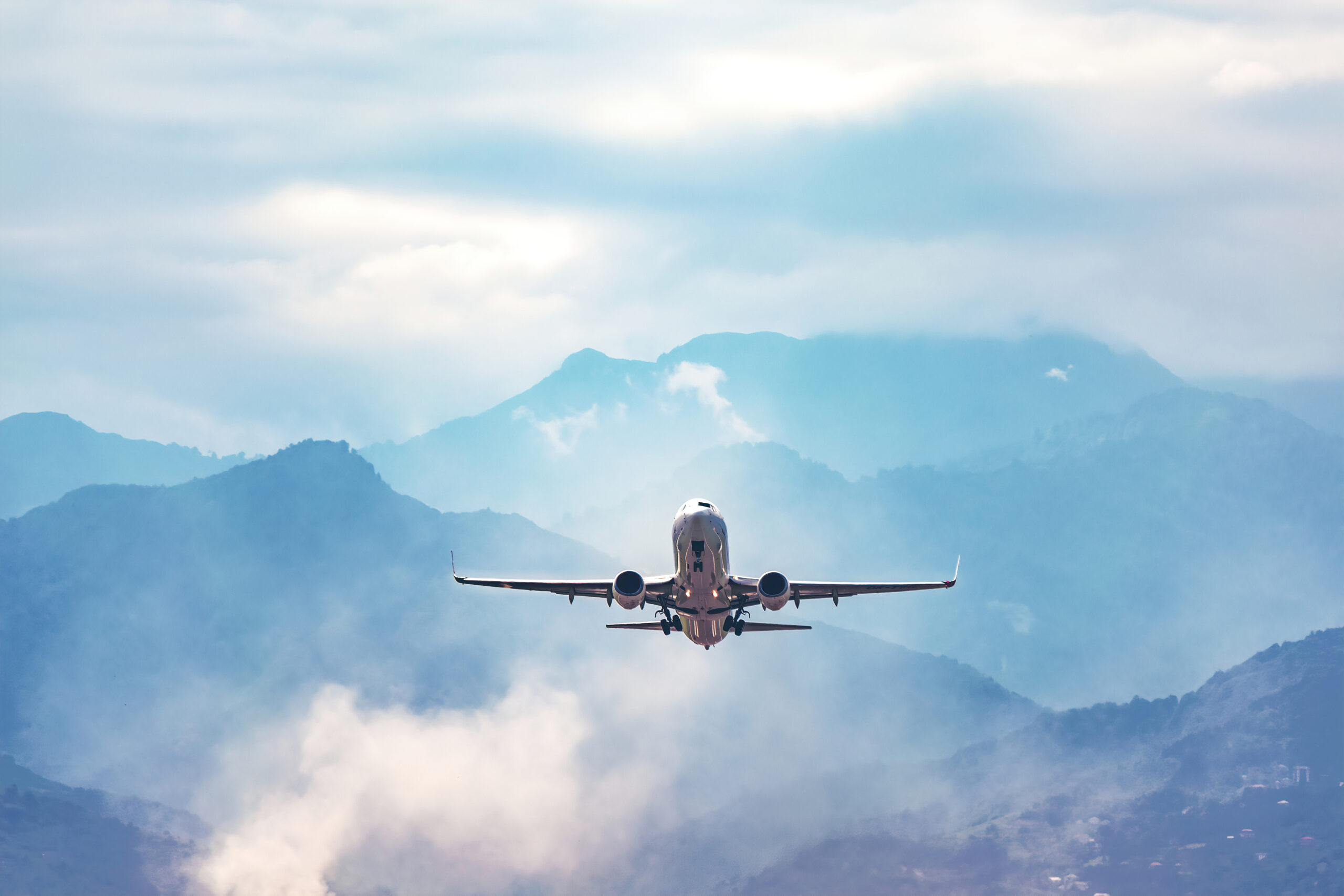ATM industry implements extraordinary measures to tackle financial crisis

Brussels, 25 June 2020: Air navigation service providers (ANSPs) across Europe have taken extraordinary measures to reduce their costs in light of the COVID-19 crisis according to high-level data collected by the Civil Air Navigation Services Organisation (CANSO).
COVID-19 has had a devastating impact on the entire aviation industry. With traffic levels at a mere 15% of what they were this time last year, ANSPs have had to contend with a dramatic decline in revenues, exacerbated in Europe by the deferral of ATC charges by the airlines. At the same time, ANSPs are mandated to provide a full service to keep the skies open and safe, at a time of a public
health emergency.
Despite their ongoing operational challenges, ANSPs have introduced emergency measures to tackle their revenue shortfall including a reduction in staff costs of 11% on average, a 25% cut to executive pay salaries, and in nations where it’s possible about 20% of staff have been furloughed for either a portion of their work time or a defined period of time. Negotiations in many ANSPs are underway with staff representatives to introduce further measures.
ANSPs have also turned to their investment profiles for savings, cutting about 25% in CAPEX costs. This includes postponing or cancelling non-vital projects while maintaining priority and ongoing investments. Additionally, of those that responded to our survey that had dividend plans in place, no dividends will be paid in 2020.
“There is a misconception that ANSPs enjoy a financially protected position but that is simply not the case,” said CANSO’s Director European Affairs, Tanja Grobotek. “Just like everyone in the industry they are having to reduce their costs. The measures available to do that vary from State to State primarily because of different employment law and labour relations. Also, the infrastructure investments of European ANSPs are at different stages of implementation, so while some can be deferred, in other cases deferrals would create more costs than savings.”
“But it is important to note that the measures our members are taking are being implemented to deal with the crisis at hand, not as long-term solutions,” Tanja added. “We have learned from previous crises the danger of making deep cuts now which could come back to haunt us as capacity crunches and flight delays when traffic levels return to normal. And so as well as dealing with the immediate challenges, we must keep an eye to the future.”



